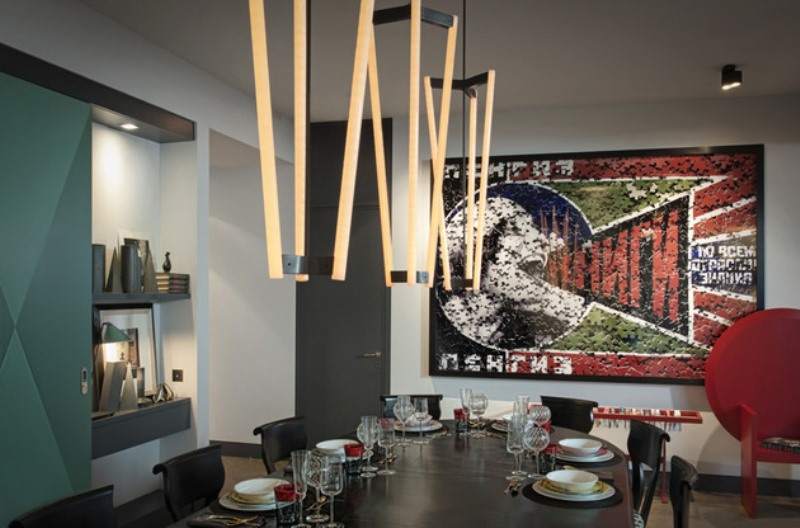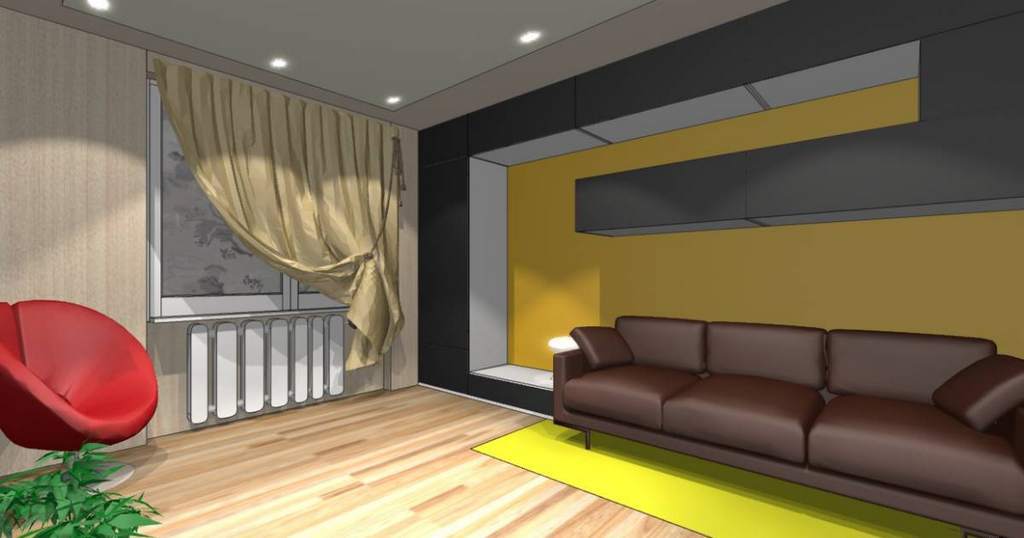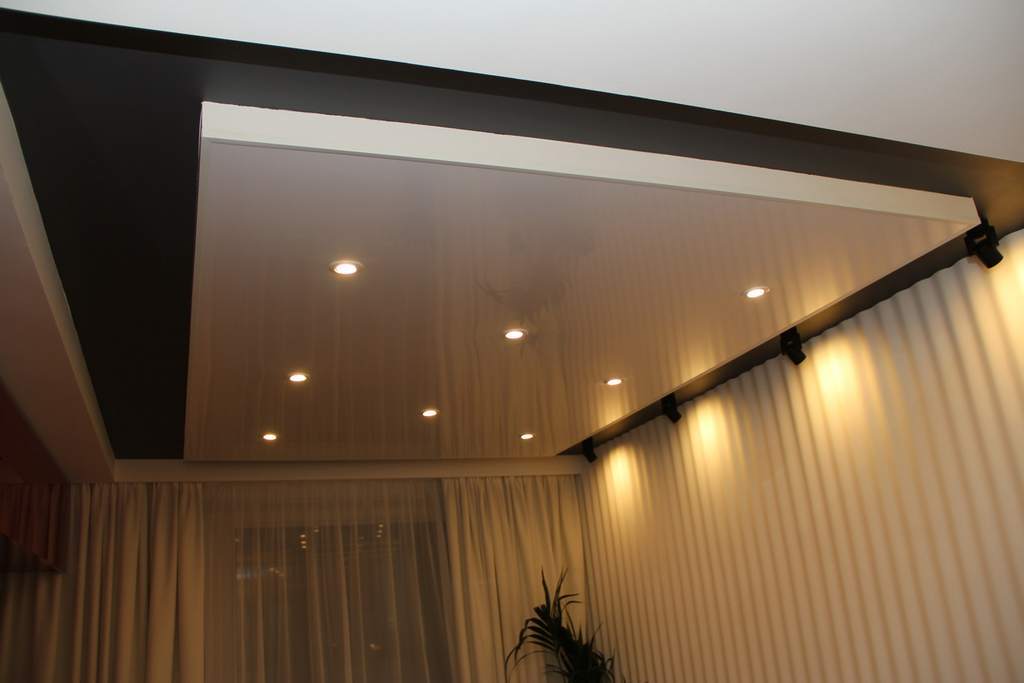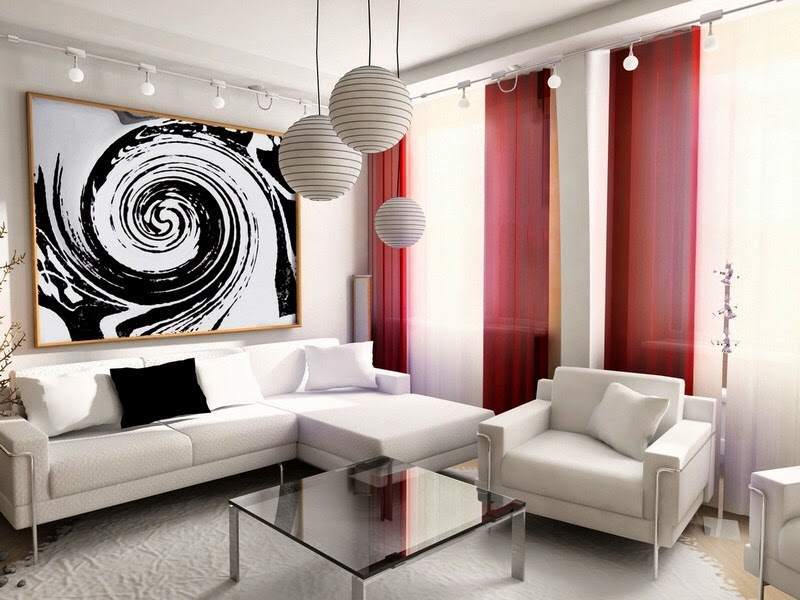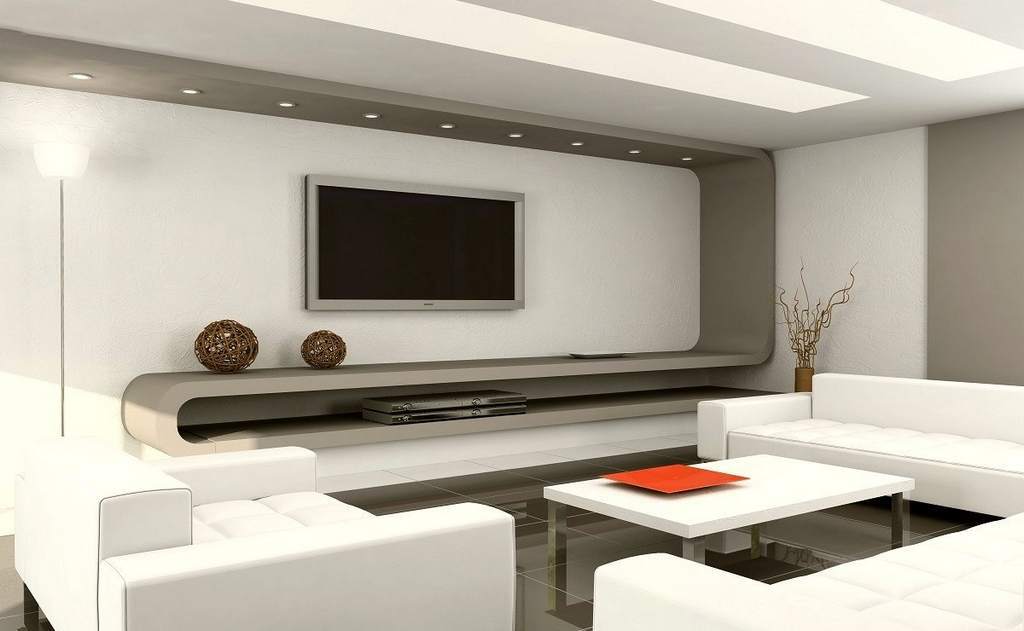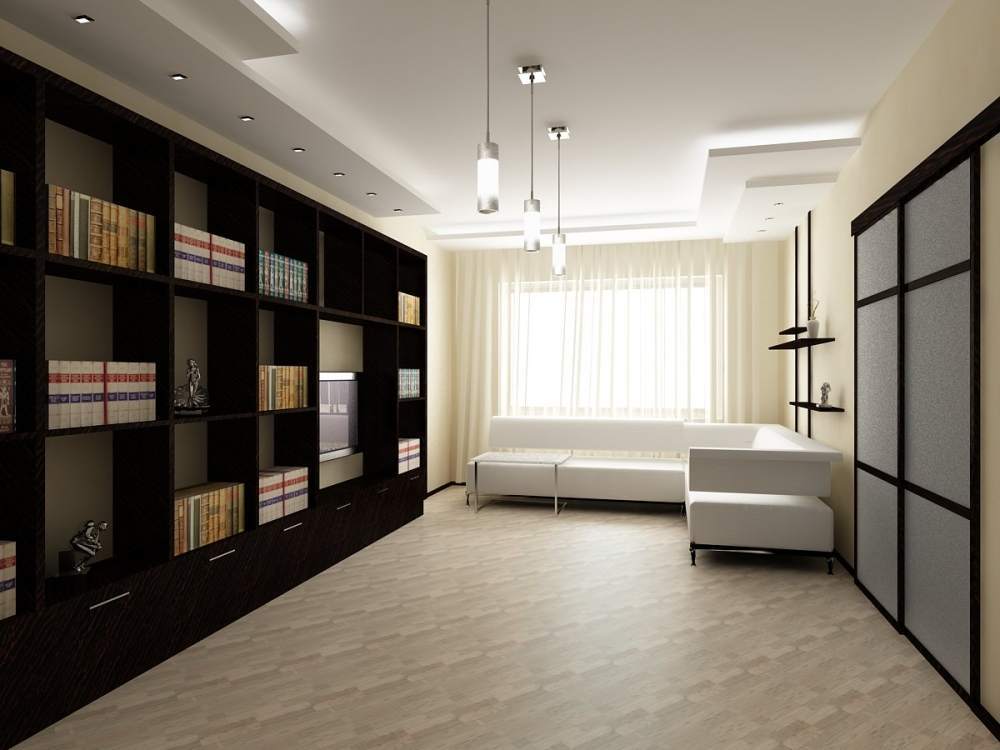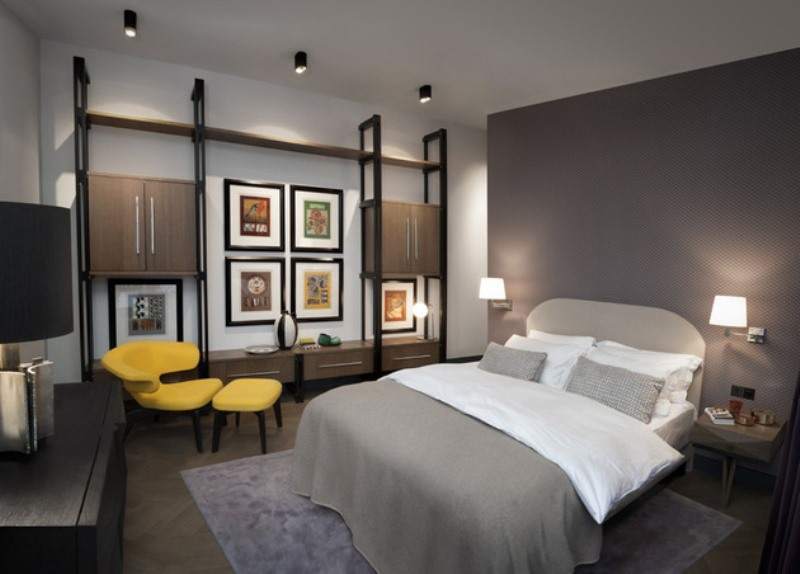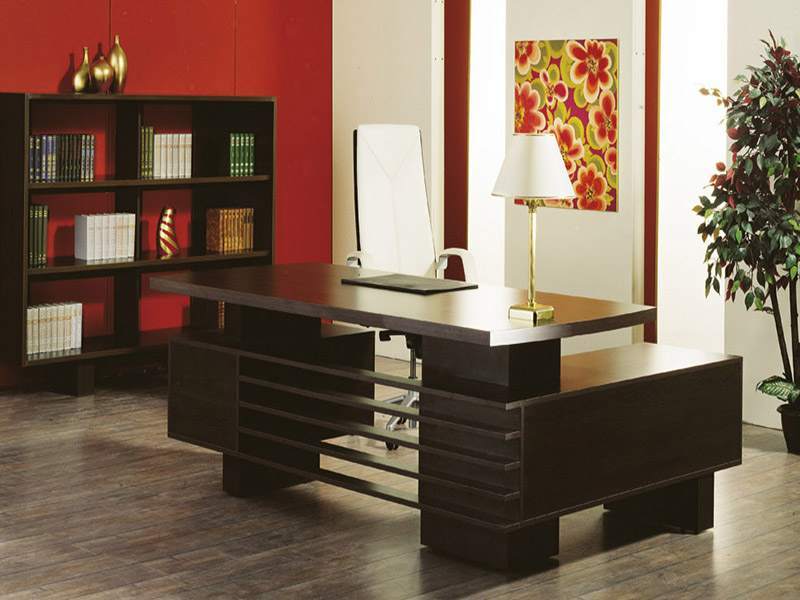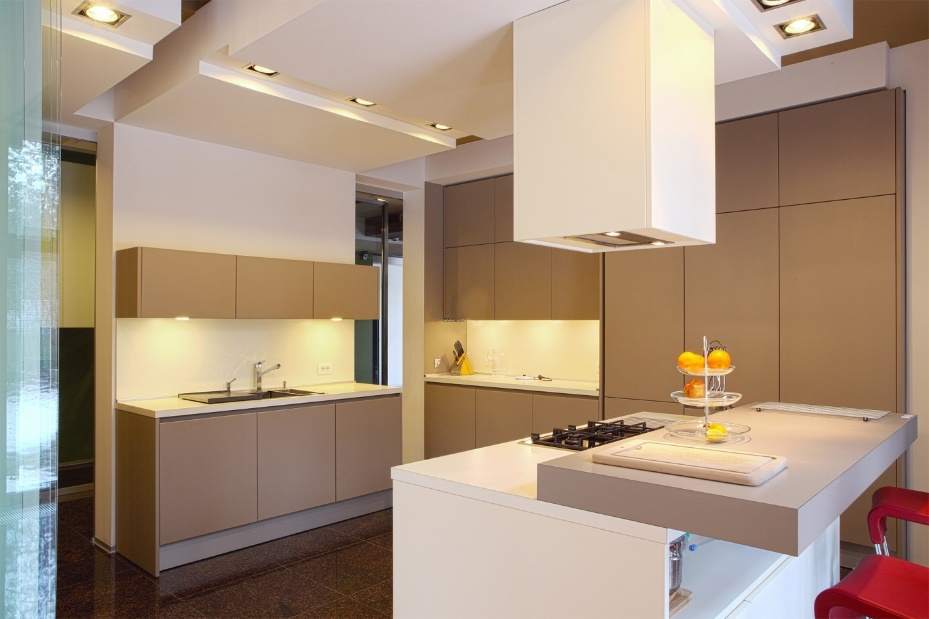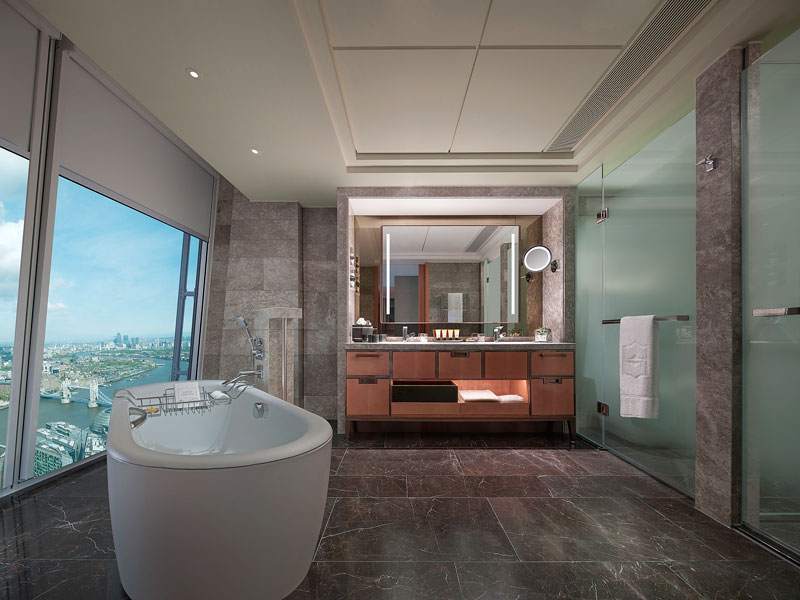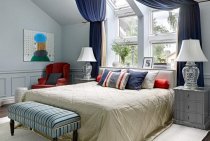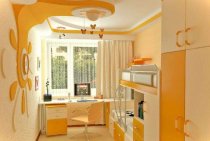Constructivism is a direction in architecture and design that brings to the fore the design of a building or interior items, rather than decor. It originated at the dawn of the USSR as a counterbalance to imperial styles - baroque, rococo, modern. Architects were looking for new forms, refusing excesses and emphasizing the main purpose of the building - to give shelter to a person. The style of constructivism in the interior is practical and minimalist, has clear geometric shapes.
What is remarkable about constructivism in the interior?
The relatives of this direction are hi-tech, minimalism, eco-tech. But constructivism has unique features that distinguish it from all other styles.
- Designers focus on the geometric shapes of furniture and decorative elements.
- Every thing in the interior has a practical purpose.
- Constructivism does not accept elaborate patterns.
- The walls and floor are finished with simple materials, without pretensions to luxury.
- Large rooms are divided into small zones, each of which has its own function.
style color palette
Color is one of the style tools used to decorate a room. The constructivism style in the interior uses bright colors combined with black and white to achieve a contrast effect. Characteristic color combinations:
- White and black;
- white, black, red;
- white, grey, red;
- blue and white;
- yellow, white, black;
- yellow, red, white.
The main color is usually white, and the rest are used to emphasize individual elements.
Constructivist wall, floor and ceiling finishes
The walls should be smooth, preferably just painted, without any decorative finishes. You can decorate them with an abstract pattern using 2-3 colors. The drawing itself should be extremely simple: large rectangles, circles, a wide stripe.
Wallpaper can be glued, but they must be plain, without a prominent texture.
On the ceiling, the pattern of the walls should be repeated. For example, it can be a bright stripe that goes from the ceiling to the wall. The main color of the walls and ceiling is white. Stretch ceilings can be used to create a smooth, even surface. If the ceilings are high, then you can use drywall to create a three-dimensional geometric structure.
Light or dark laminate is usually laid on the floor. It should be either almost white or close to black. Light tile is used in the kitchen.
What kind of lighting to use in the interior?
In the interior of the constructivism style, the lighting should be natural, so curtains are often not hung on the windows at all. If necessary, you can hang white blinds.
It is good when the apartment has large windows and a lot of light. If it is not enough, then they resort to artificial lighting, while its expediency is important - the lamps are placed in those places where they are most needed.
The chandelier, which is so fond of hanging in the center of the room, is not necessary in constructivism. More often preferred spotlights. They can be hung in places for reading, in the hallway, above the working area in the kitchen.
All lamps, chandeliers, sconces must have a clear geometric shape, neutral color. No extra embellishments!
Furniture without frills
Furniture in the style of constructivism is as simple as possible. If this is a sofa, then it has a clear geometric shape, right angles, minimalistic legs. Each item must correspond to its function - if it is a table, then it is a round or rectangular table top and four legs. Often in constructivism, open bookshelves on the walls and open shelving are used.
The lack of decorations on the furniture is explained by the history of constructivism.It arose between the two wars, when all production in the country was in decline. There was simply no time or money for decoration. People lacked the simplest items: beds, tables and chairs.
Living room in the style of constructivism
The living room should have the necessary minimum of furniture - a sofa, armchairs, a dressing table, a cabinet with a TV. All of them must have strict forms. You can use the contrast technique - combine a white sofa with bright yellow or red armchairs.
You can decorate the room with open shelves. It is allowed to lay a rectangular carpet with a geometric print on the floor.
Bedroom decoration
The bed should be modest enough and not attract attention, not causing a feeling of bulkiness. You can replace it with a sofa or sofa. Decorative backs, canopies, paintings will have to be removed from the bedroom in the style of constructivism. The decoration of the room can be a stylized poster - it appeared simultaneously with this style and goes well with it.
The mirror and dressing table should have clear shapes and a solid color. Wardrobe - no pattern with minimalist handles.
Cabinet in the style of constructivism
This style sets a person in a working mood, so it is best suited for an office. But even in this room, the furniture should be as simple as possible. You can use floor lamps to illuminate the desktop and to decorate the room.
An office can be created using partitions in the living room. They must be made of lightweight materials, screens are allowed. If necessary, they can be moved and changed the room.
Kitchen design in the spirit of constructivism
The kitchen set should be straight, plain, with smooth surfaces. Appliances are often built into headsets and covered with facades. There should be no unnecessary details on the table and work surface - ideally, if nothing at all lies and stands there. The table and chairs should have clear, unpretentious forms.
The kitchen is often connected to the living room, this is true for a studio apartment.
Constructivism in the bathroom
Bathtub, toilet bowl and sink are better to choose a rectangular shape. Nothing else is recommended in this room. Faucets and fittings should have a concise design, right angles are welcome. The mirror can be hung in a simple strict frame or without it at all.
The style of constructivism is suitable for hard-working people who are in search of themselves. It encourages introspection and self-development. Therefore, it is chosen by researchers, experimenters and scientists. This style is well suited for small spaces, it does not clutter them up.

